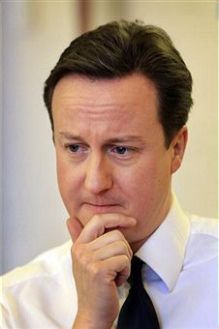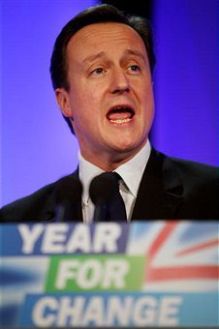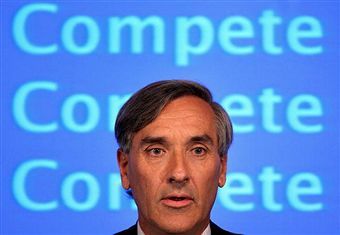Sunny side up?
Earlier this week I asked what Obama’s experience could teach a Cameron government. At the same time, there has been a well-argued debate in The Times about whether the Tories should go negative or not. There is one point where the two issues converge – and that is in how a newly-elected government should deal with the country’s economic legacy. Once in power, a Tory government will be tempted to be optimistic, to point to the sunny uplands. General Colin Powell said “positive thinking is a force multiplier” and the Cameron team come across as natural adherents to this viewpoint. There is also the fact that the modern Tory agenda





















